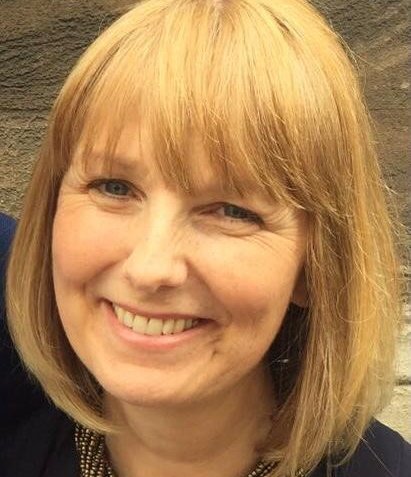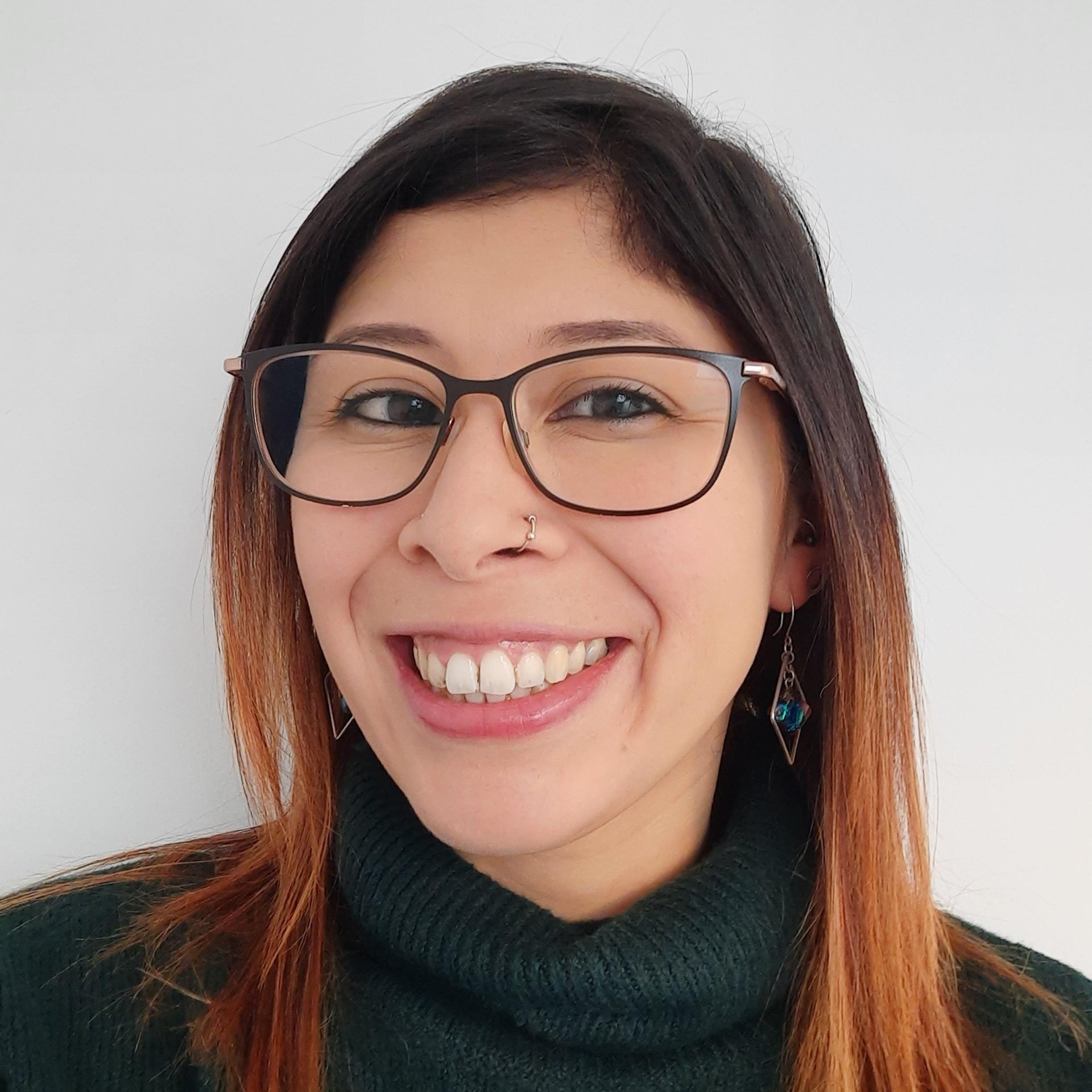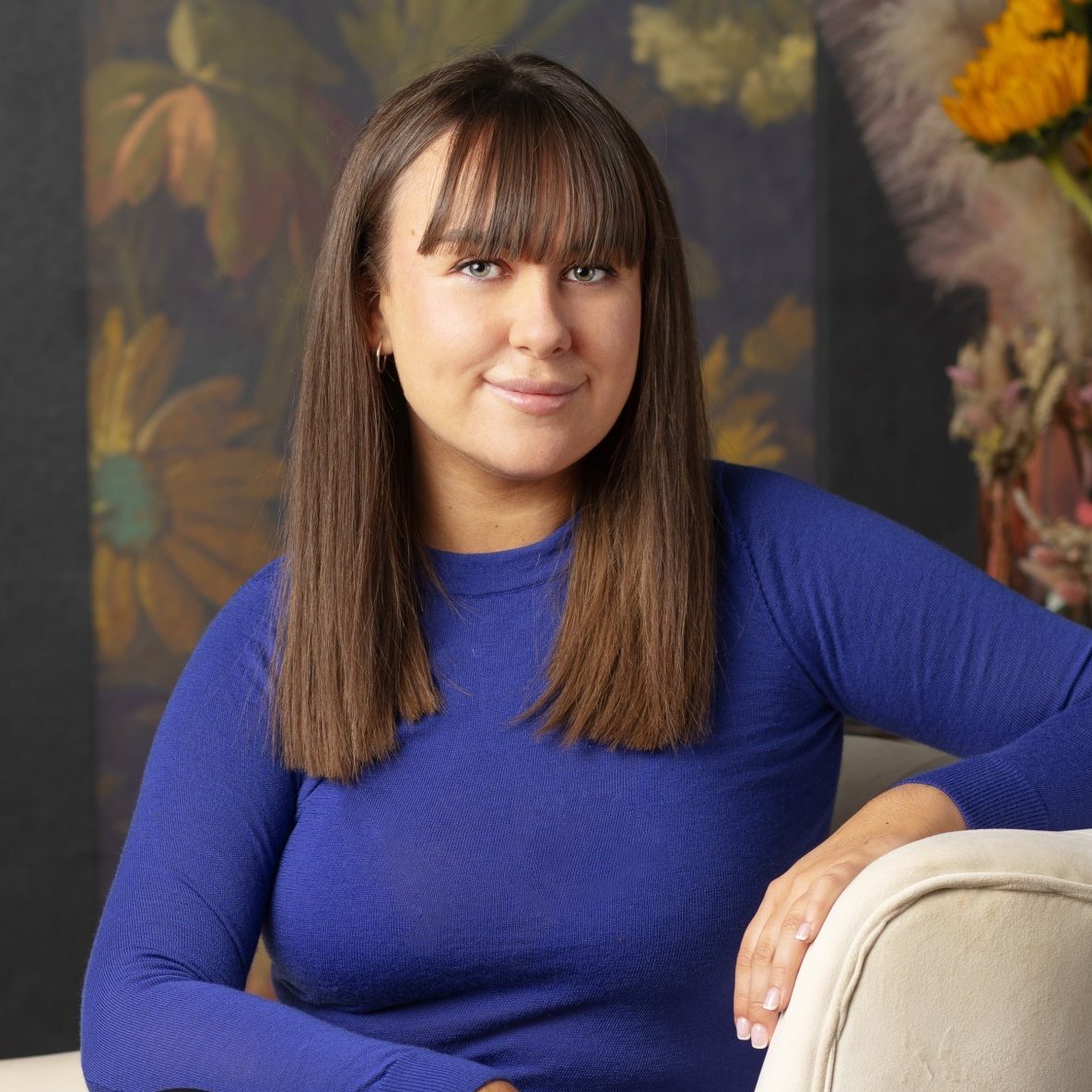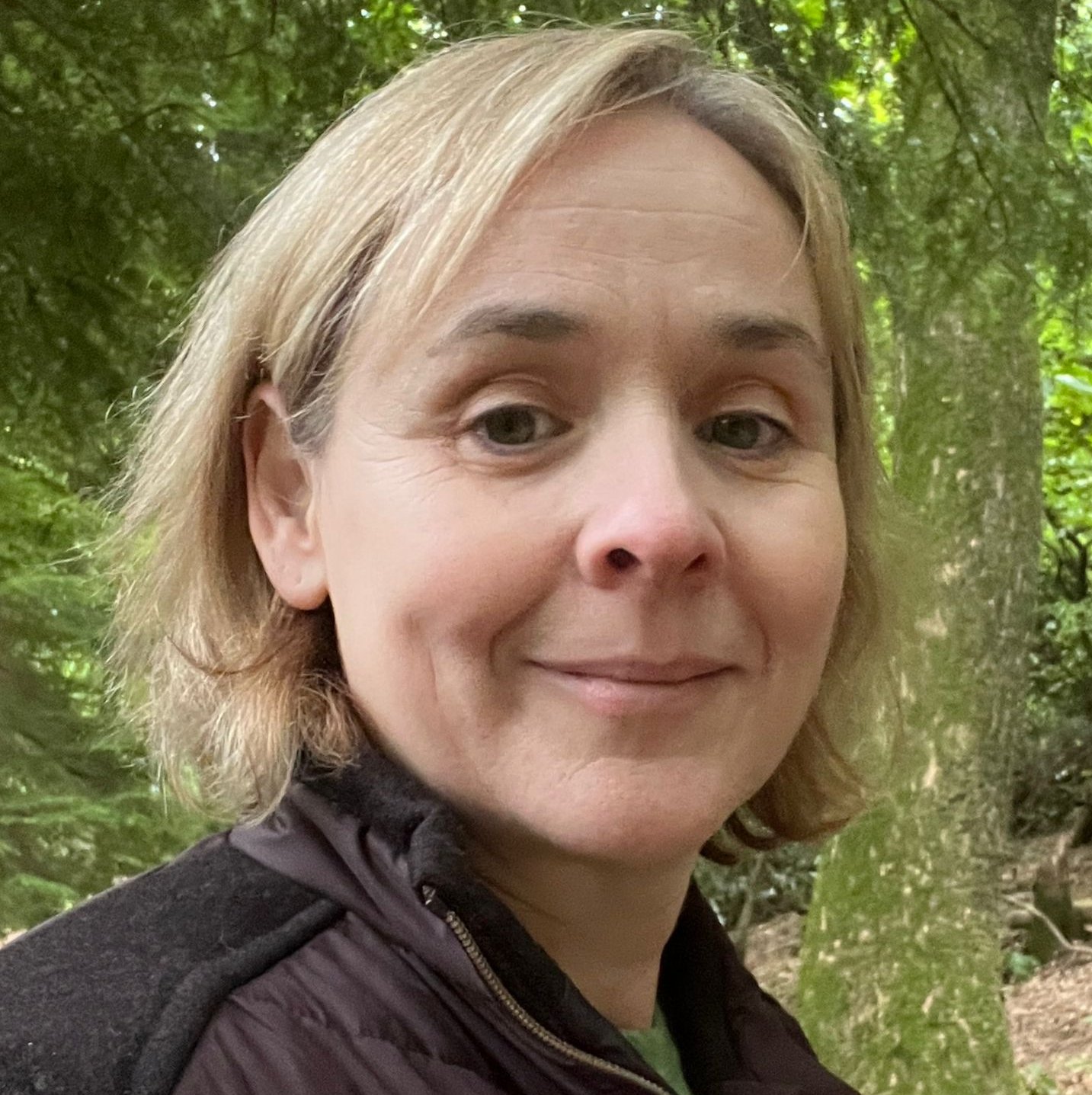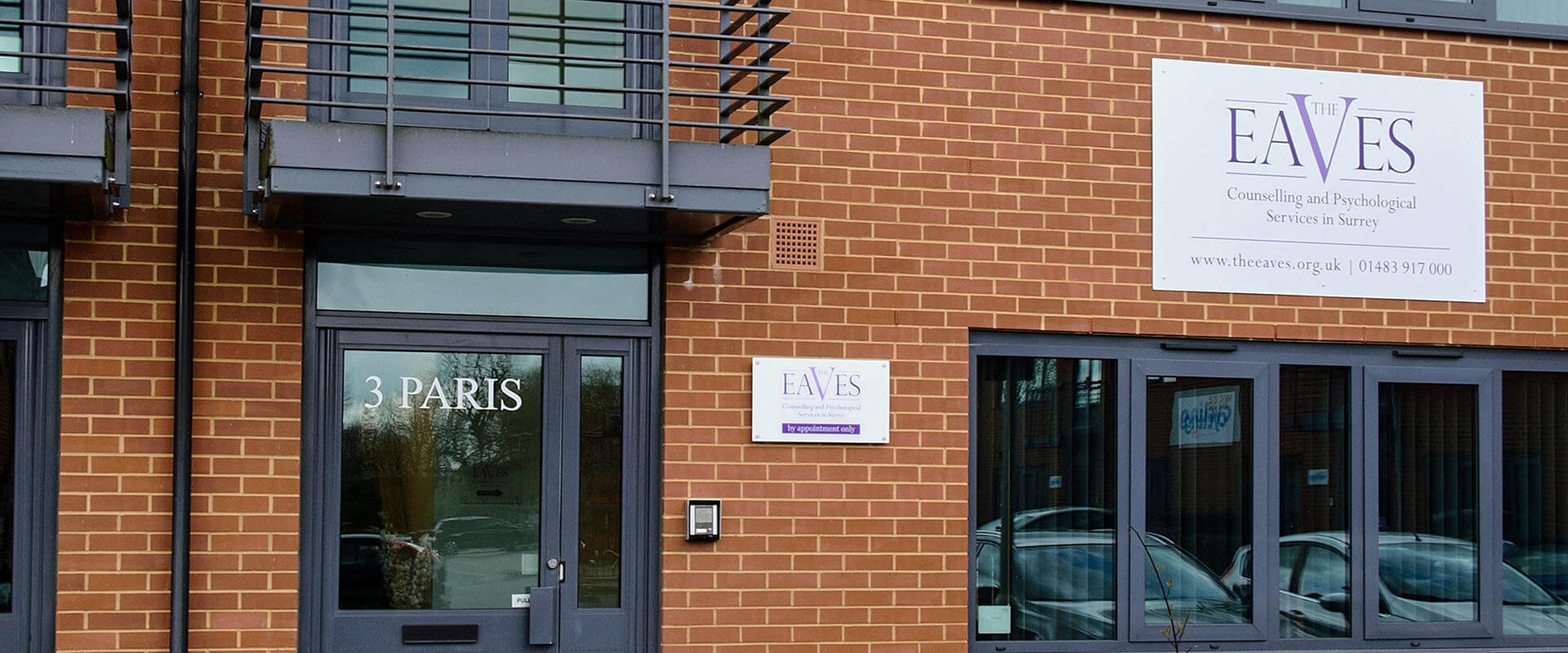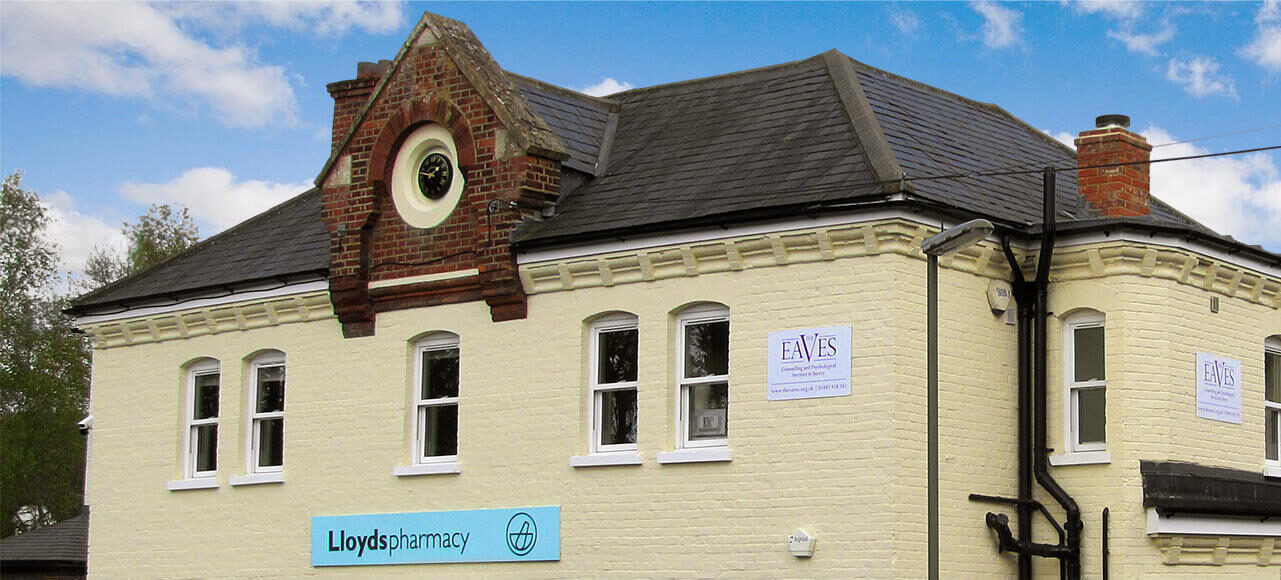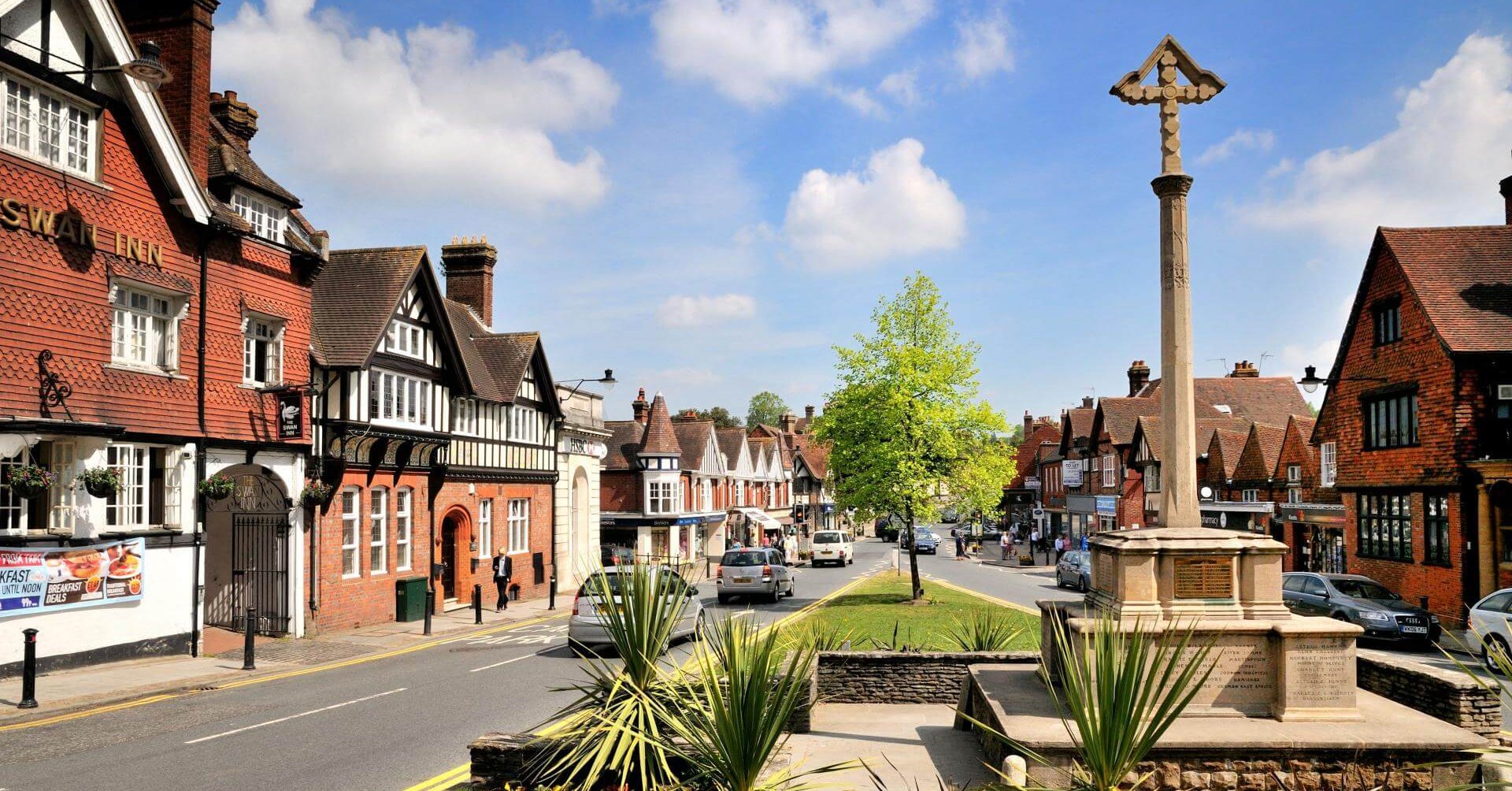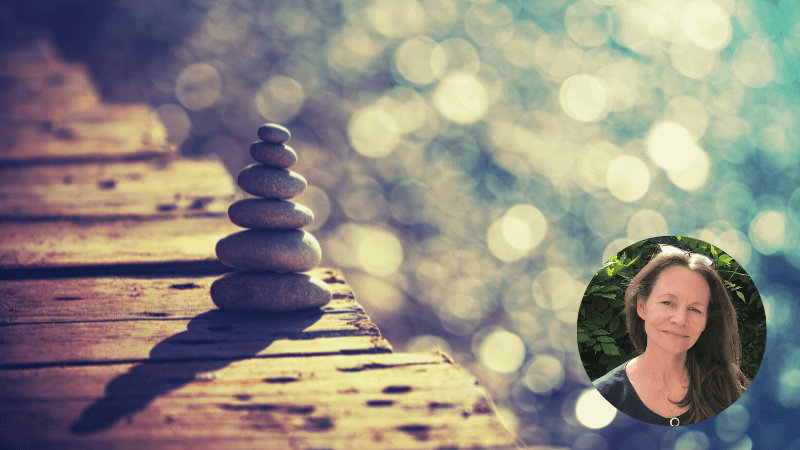By Vicki Snow, Integrative Counsellor and Psychotherapist at The Eaves
The practice of mindfulness is thousands of years old, yet this ancient technique has never felt more relevant. In our fast-paced, 24/7 world where it feels increasingly harder to ‘switch off’, mindfulness has seen a rise in popularity as people begin to appreciate the benefits that it can have on our mental health, physical wellbeing and happiness.
What is mindfulness?
Most of us spend a large part of our lives on autopilot without really being aware of what we are doing. It’s in this unobservant state that situations and thoughts can trigger habitual ways of feeling and behaving that we automatically slip into. These are often unhelpful and can leave us feeling worse.
“It’s easy to stop noticing the world around us. It’s also easy to lose touch with the way our bodies are feeling and to end up living ‘in our heads’ – caught up in our thoughts without stopping to notice how those thoughts are driving our emotions and behaviour,” says Professor Mark Williams, former director of the Oxford Mindfulness Centre.
Mindfulness is the regular practice of noticing our feelings, thoughts and the sensations in our bodies. Doing this without judgement or expectation allows us a degree of ‘space’ from where we can choose how we respond rather than becoming overwhelmed by our feelings and reacting in the same destructive ways we always have. It’s not about trying to get somewhere, but simply noticing where we are and allowing ourselves to be present without trying to change anything.
How can mindfulness help?
By developing this practice of self-awareness, we can start to experience everyday things we have taken for granted with fresh eyes and a sense of appreciation and enjoyment. We can begin to notice where our thoughts go and how quickly they can take over. Mindfulness allows us to realise that thoughts are just that – thoughts, and that we can choose not to become drawn in and controlled by them.
Bringing attention to signs of stress and anxiety through mindfulness can help us deal with them in a more productive way by noticing: “I’m feeling anxious right now. Is worrying going to help me here, or are my thoughts taking over and getting in the way?”
How to practice mindfulness
~ Breathe. Our breath is the most fundamental process of life that is always with us and one most of us take for granted. Start to observe how the breath changes with your mood (long and slow when calm, fast and shallow when angry, and almost imperceptible when fearful). Use the breath to anchor awareness in the present moment by consistently bringing your attention back to it when your mind starts to wander.
~ Be curious. It is a natural tendency to judge what we do as not right or not what we expected, which can lead to thoughts about how to change things or feeling bad that we are ‘doing it wrong’. Bring a sense of friendly curiosity to your experience, and whatever happens, just try and welcome it without judgement.
~ Notice. Become observant of everyday things – focus on the colour, smell and taste of the food you eat, the feeling of drinking water as it passes down your throat, the support from the ground as you walk, the temperature of the breeze on your face or the rain on your hand.
~ Meditation. Some people find putting aside a regular time to sit silently in meditation a good way to practice being present in the moment, using the breath or a mantra to be still and develop a sense of peace. Yoga can also be helpful in developing awareness of your breath and your body.
Further support is available at The Eaves, where we have over 100 therapists that can help with long term issues. Our professionals see individuals of all ages, families, couples and young people 12 hours a day, Monday to Saturday between 9am and 9pm. Please call 01483 917000 to speak to a member of the referrals team. You can also send us an enquiry via our website. Click here to find out more.
Further Information:
https://www.mindful.org/meditation/mindfulness-getting-started/
Mindfulness. A practical guide to Finding Peace in a Frantic World by Mark Williams and Danny Penman. This book outlines a set of simple and powerful practices that you can incorporate into daily life to break the cycle of anxiety, stress unhappiness and exhaustion.

